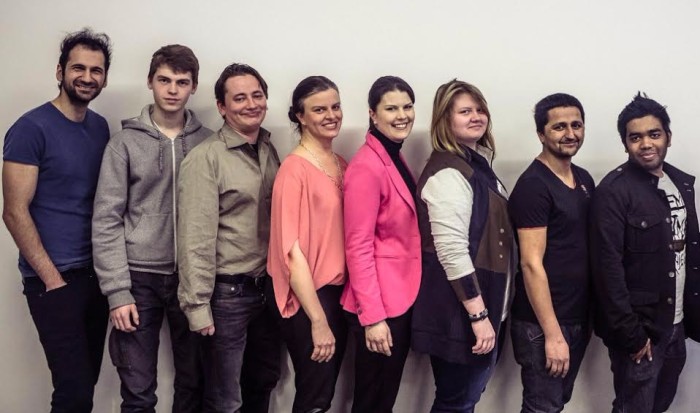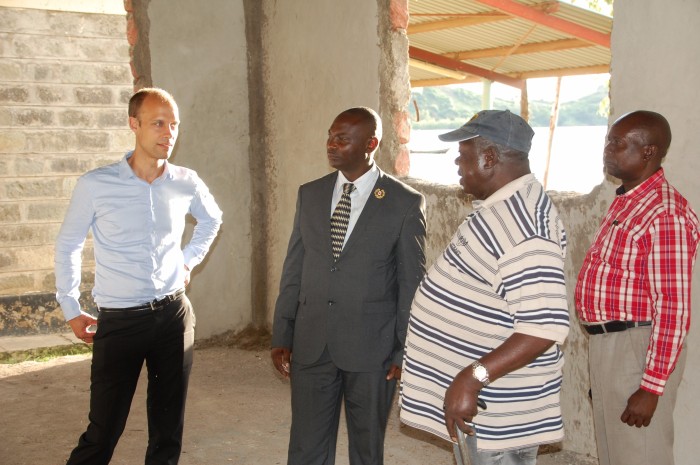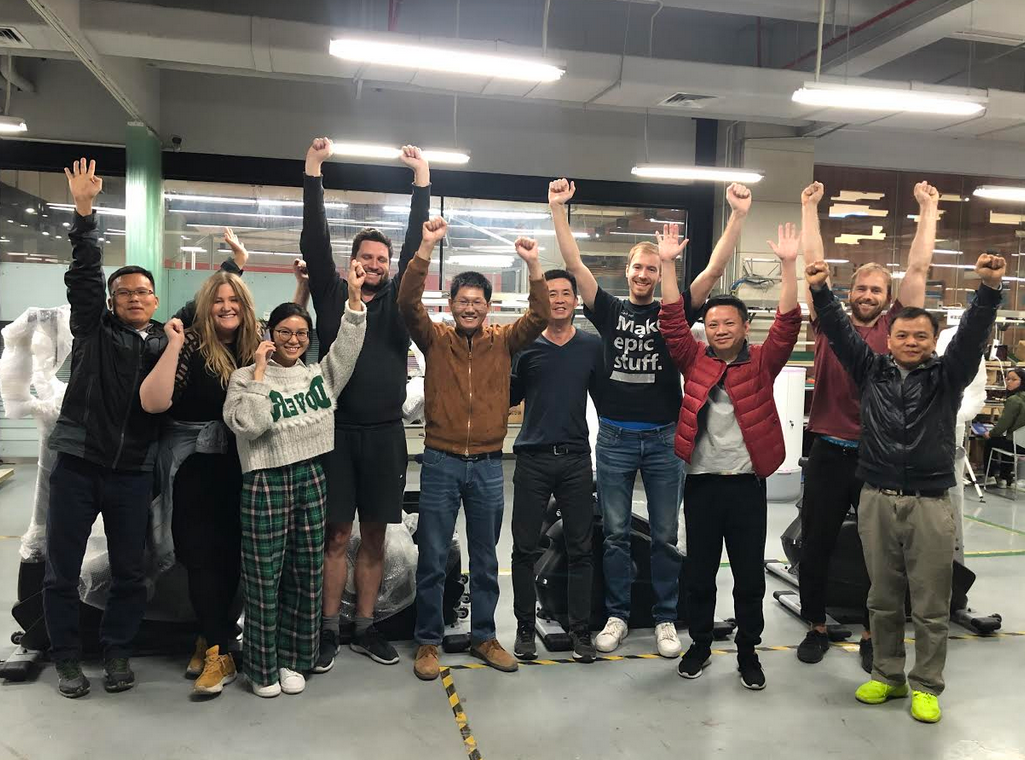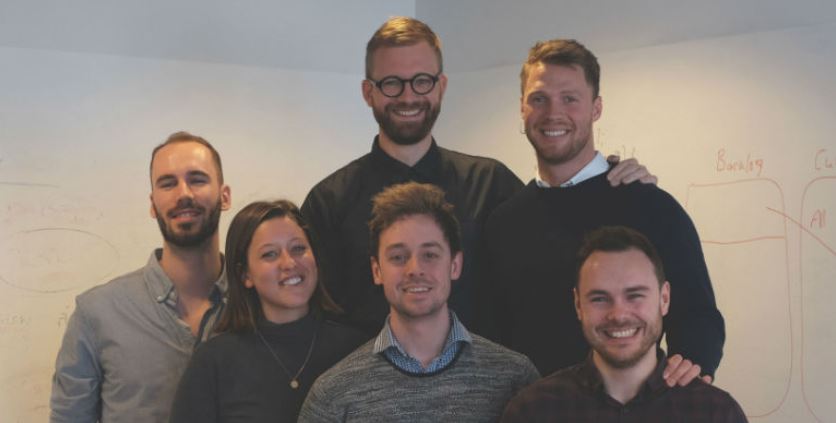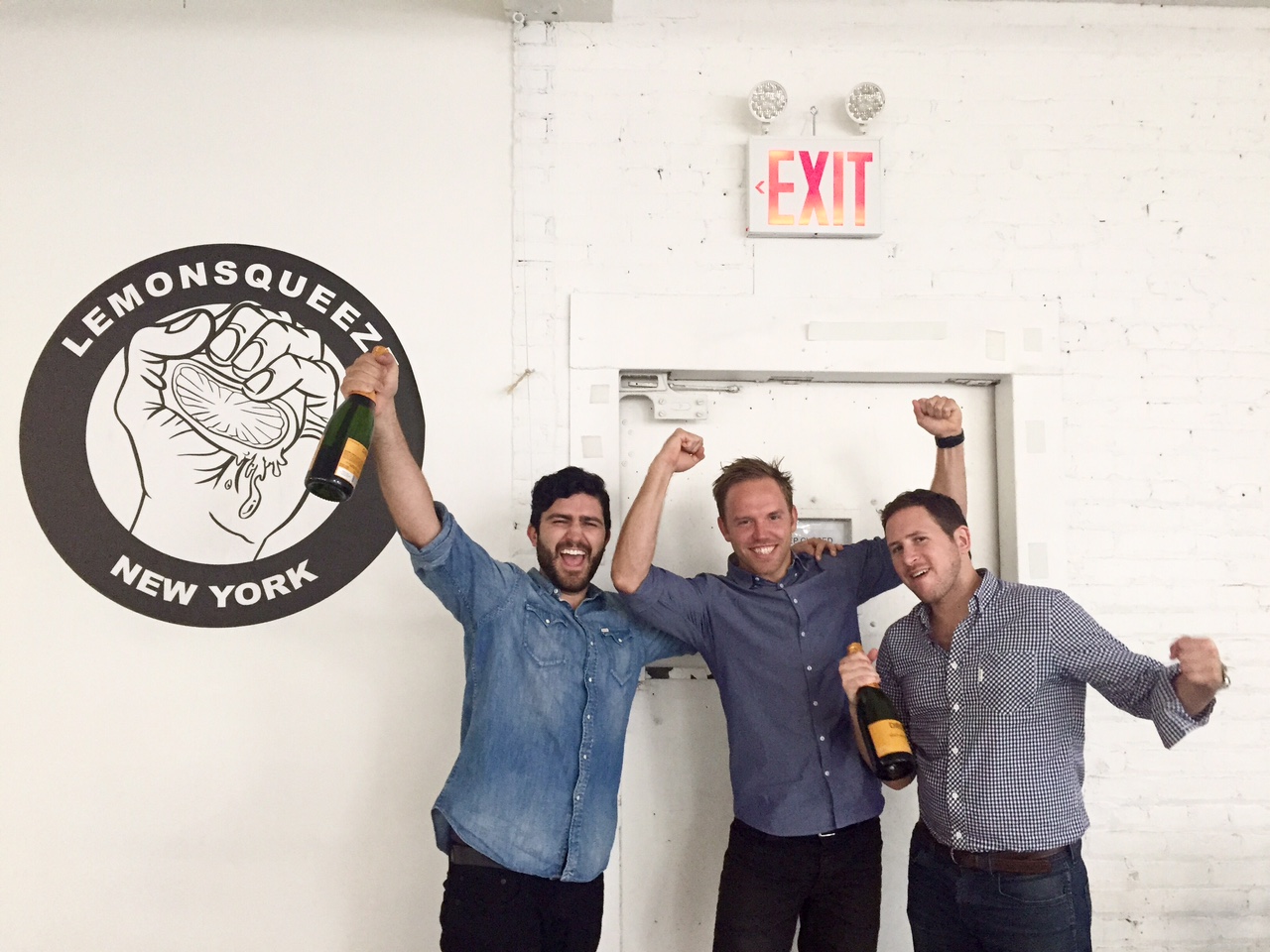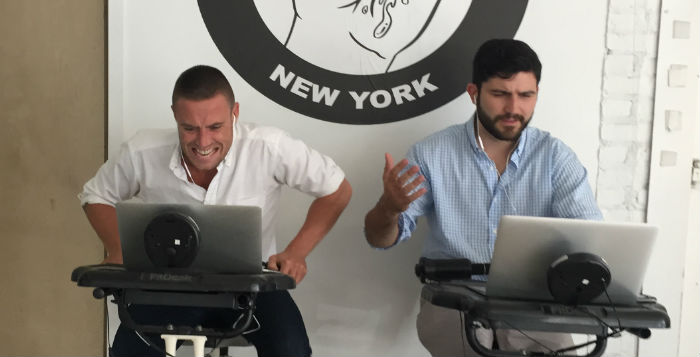Sleeping with your clients, daring to jump, conquering Viking style and more stories from TechBBQ
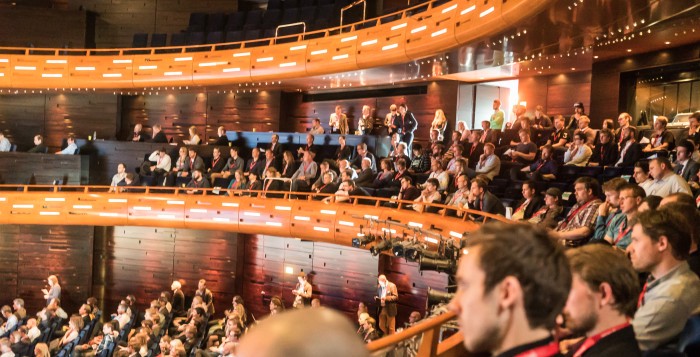
What happens when you bring together more than 1,000 tech entrepreneurs in the Opera and give them the stage? They make a pose and ask you to take them a picture and then share the success, the failure and the lessons learned from their startup experience.
By Zlatina Tsvetkova
Who has “complexity issues?”
This is the question that the startup team of Linkfire asked themselves in order to move their business from no focus at all to later focus on the music industry. They knew their short links reduce complexity in situations where a single link can lead to multiple sources. What they needed to know was who are the people and companies having issues with that. Getting this knowledge lead them to working closely with the biggest music production companies and signing a contract with Universal Music.
Linkfire was not the only startup that realized how essential it is to understand their customers inside out – Brian Sandholdt from Sekoia was very direct in this matter:
“Sleep with your clients. Literally. Find the nitty-gritty details about what makes their business tick. Follow them everywhere and get a feeling of what makes them stressed,” he said
When his team was developing a communication software to support the work of nursing homes in Denmark, they spent days sleeping on the floor in the staff room and trying to understand what is really needed. He emphasized how the good relationships with their clients helped them create better solutions for them. They co-developed the product with the users and just like Linkfire managed to change their business for the customers and give them the “painkillers” they needed.

A secret meeting and a Fight club invitation
As Peter Mühlmann, the founder of Trustpilot summarized it, being a founder means being a “Chief Cheerleader” of the company. It means being convincing and enthusiastic and strongly believing in what you are doing. During the day we saw many ways that this can be done.
The two founders of the football app Tonsser Simon Hjære Hansen and Peter Holm introduced themselves as “two non-coders” for who the vision came true. They shared the ways they were trying to convince people to believe in them and help them to bring their idea to reality, because this is what the users wanted. Confidence, believing in their vision and knowing their target market was what helped them to get the support they needed.
Tatoodo also gathered people around a shared passion and this is what got them going. Even though things did not work the way they imagined them, bringing together tattoo artists, opinion leaders and tattoo enthusiasts is what helped them grow their business extremely fast.
And the third example of bringing together complete devotion and passion of people to make a vision happen was Betadwarf. Steffen Kabbelgaard Grønning shared a story of starting the company in the university and eventually moving in to live there together with the whole team. The devotion to the idea started with a great ambition and secret meeting where he made an exclusive invitation to his students to participate in the startup.
“The thing that makes people work hard, even when they are not paid is when they feel they are part of something significant, especially when they do it for free,” Steffen Kabbelgaard Grønning said.

Having the courage to jump
Christian Brøndum CEO at Planday challenged the startup community with the metaphor of cliff jumping with the question “If you were standing there right now, would you dare to jump?” Many people said yes without hesitation and this is great. This question raised the topic of the many important choices an entrepreneur is facing and what it take to go ahead in the business.
“Everyone talks about the ones who jumped and safely landed on the beach and no one talks about those who stand on that cliff,” Christian Brøndum said
In his case the question was more about the fast growth of Planday and the right moment to go global. This is not the only decision that gets startups stuck in the, as he called it “Love or Dare dilemma”.
In some cases it is about the courage to “go to places where no one has been to” and dream to compete with giants like Amazon and Ebay, which is what Stefan Jørgensen from Itembase did. Growing global takes more than courage to take the step and dreaming big as it was discussed in the panel session of the TechBBQ but it is a good start.
In other cases it is about making the decision of being honest and open about who you are and what you are doing. This means knowing what you are really good at and investing in yourself to become even better at it. For everything else, you can hire someone.
“Be honest about what you don’t do well, focus on what you do, and get rid of everything else,” said Anders Lykke, head of sales at Priori Data


